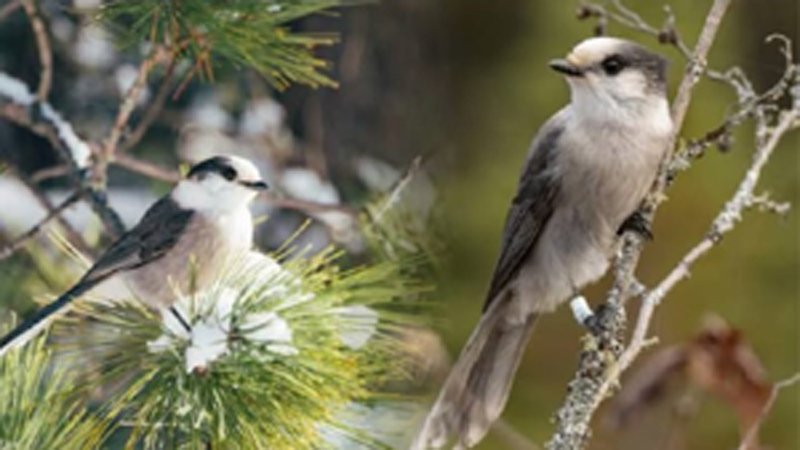Climate change has undeniable global effects on ecosystems but it is unclear why some communities are better able to withstand the effects of climate change than others.

A new study shows that bird communities of North America containing functionally diverse species have changed less under climate change during the past 50 years than functionally simple communities.
Climate change has undeniable global effects on ecosystems and ecological community compositions, but it is unclear why some communities are better able to withstand the effects of climate change than others.
Researchers studied community composition changes and community diversity over half a century in a recent scientific study that included nearly all North American bird species.
Following climate change, bird communities with diverse bird species richness and a greater variety of functional properties changed less dramatically in their community composition.
“For example, if a community included birds of prey, insectivores, and seed-eaters rather than just birds from one feeding guild, it was better protected against the negative effects of climate change,” says PhD Emma-Liina Marjakangas of the University of Helsinki.
Community-level diversity acts as a buffer against negative climate change impacts, particularly during the winter, which has seen the most climatic warming across the Northern Hemisphere. During the breeding season, however, biodiversity played a smaller role. Indeed, previous research has shown that bird communities change faster in the winter than in the summer, which explains this pattern.
“The ability of a species to change breeding and wintering locations is determined by habitat and available food.” “For example, grassland species have shifted northward at a slower rate than forest passerines like the American robin or habitat generalists like the mourning dove,” explains Senior Curator Aleksi Lehikoinen of the University of Helsinki.
Functionally diverse bird communities help to maintain ecosystems by dispersing plant seeds, controlling pest insects, and pollinating flowering plants. Climate change alters the composition of these important bird communities, jeopardising their ability to provide ecosystem services.
“Our findings strengthen the understanding that biodiversity protects ecosystem functioning and that the biodiversity and climate crises must be addressed concurrently to avoid multiplicative effects,” Marjakangas emphasises.
The study is based on a community science database from 1966-2016 covering all of North America, and it was published in the international journal Scientific Reports.